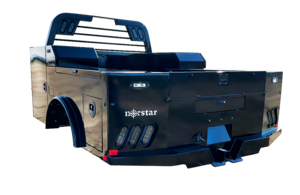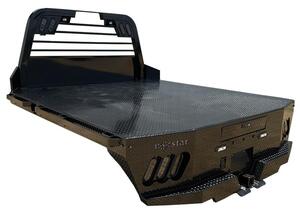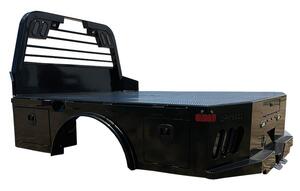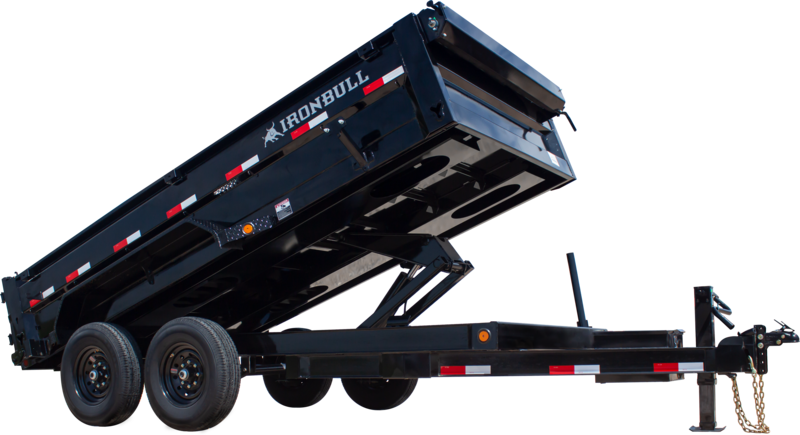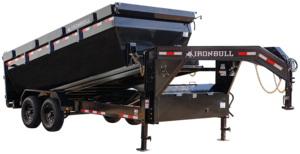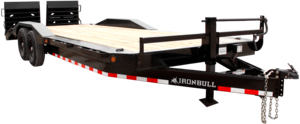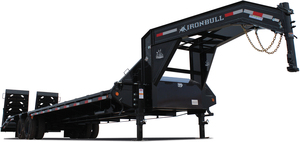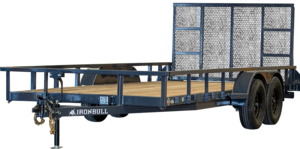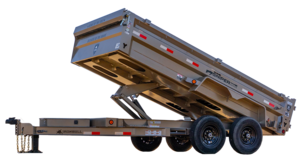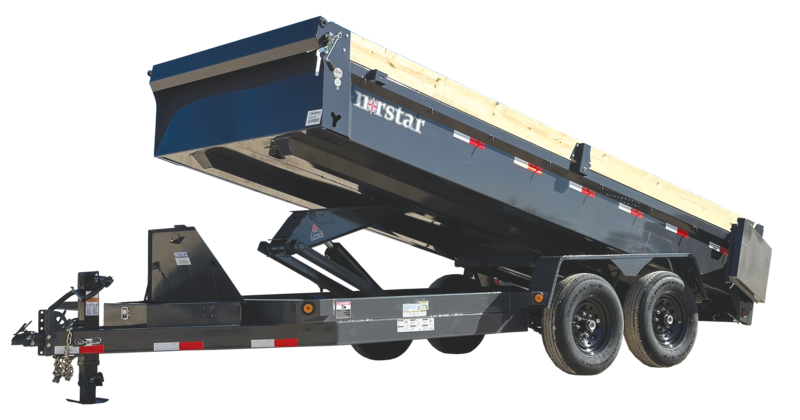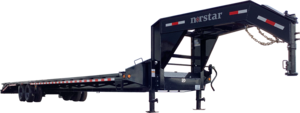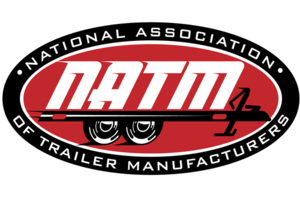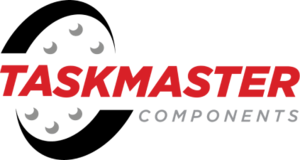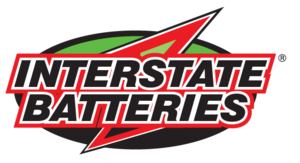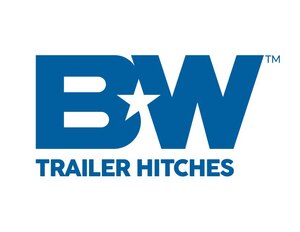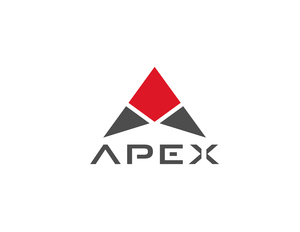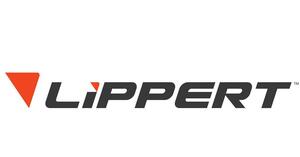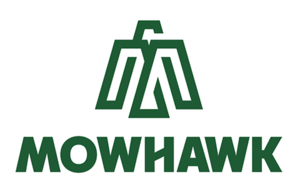What Are Trailer Rear Support Jacks?

When it comes to the stability and safety of your trailer, understanding the role of trailer rear support jacks is paramount.
This comprehensive guide delves into the intricacies of these essential components, shedding light on their functions, types, and why they play a crucial role in ensuring a secure and steady foundation for your trailer.
Whether you're a seasoned traveler or new to the world of trailers, grasp the importance of these support jacks as we uncover the mechanics that contribute to a smoother and safer towing experience.
What Are Trailer Rear Support Jacks?
Trailer rear support jacks are integral components designed to stabilize and support the rear end of a trailer, ensuring enhanced safety and convenience during various activities such as camping, loading, or unloading. These jacks are pivotal in preventing unwanted swaying, tilting, or movement, providing a secure foundation for the trailer.
Types of Rear Support Jacks
Explore the diverse types of rear trailer support jacks, each offering unique features to cater to different preferences and needs.
- Manual Jacks. Manual jacks are the traditional and cost-effective option, operated by hand. While they require physical effort, they offer simplicity and reliability, making them suitable for various trailer applications.
- Electric Jacks. Electric jacks operate with the convenience of a motor, eliminating the need for manual cranking. This type is ideal for those seeking an efficient and time-saving solution, often with additional features such as remote control.
- Hydraulic Jacks. Hydraulic jacks use fluid pressure to lift and stabilize the trailer. Known for their robust lifting capacity, they are suitable for heavy-duty trailers and applications where power and precision are paramount.

Use Cases for Different Types
Understanding the diverse applications of various utility trailer rear support jacks is crucial for selecting the type that best suits your specific needs and scenarios.
Manual Jacks
- Versatility: Manual jacks are versatile and suitable for various trailers, making them ideal for occasional use, such as camping trips or small utility trailers.
- Cost-Effective Stability: Offering stability at a cost-effective price point, manual jacks are a practical choice for those who prioritize simplicity and budget considerations.
Electric Jacks
- Frequent Adjustments: Electric jacks are perfect for scenarios requiring frequent adjustments, such as leveling a trailer on uneven terrain or making quick height changes during loading and unloading.
- Efficiency and Convenience: With motorized operation and often featuring remote control, electric jacks provide efficiency and convenience, making them valuable for busy scenarios where time is a factor.
Hydraulic Jacks

- Heavy-Duty Applications: Cargo trailer stabilizer jacks are indispensable for heavy-duty applications, including large trailers, RVs, or equipment trailers, where substantial weight requires a robust lifting solution.
- Power and Precision: Known for their high lifting capacity, hydraulic jacks deliver the power and precision needed for stable and secure support, ensuring the safe handling of significant loads.
Why Are Rear Support Jacks Necessary for Trailers?
Ensuring the stability and safety of your trailer is paramount, making rear support jacks indispensable components in the towing and stationary scenarios. Explore the key reasons these jacks are necessary to maintain a secure and balanced trailer foundation.
Stabilization and Safety
Rear support jacks are pivotal in stabilizing trailers, preventing unwanted movements, and enhancing overall safety. By providing a firm foundation, these jacks contribute to a more secure environment during various activities, such as camping, loading, or unloading.
Load Distribution and Weight Management
Effective load distribution is crucial for trailers, especially during transportation. Rear support jacks assist in managing the weight distribution, ensuring that the trailer is balanced and that weight is appropriately distributed across all wheels for safer towing.
Preventing Sway and Rocking
Trailers can experience swaying or rocking motions, particularly in windy or unevenly loaded conditions. Rear support jacks mitigate these issues by minimizing lateral movements, promoting a smoother and more controlled towing experience.
How to Choose the Right Rear Support Jacks for Your Trailer?
Selecting the appropriate trailer rear jacks ensures stability and safety during your trailer activities. Consider these factors to make an informed decision.
- Trailer Size and Weight: Choose jacks that match the size and weight capacity of your trailer to ensure effective support and prevent overloading.
- Frequency of Use: For frequent adjustments, electric jacks provide convenience, while manual jacks may suffice for occasional use.
- Terrain and Conditions: Consider the terrain where you'll be using the trailer; hydraulic jacks may be essential for uneven or challenging surfaces.
- Budget and Features: Balance your budget with desired features; manual jacks are cost-effective, while electric and hydraulic options offer additional convenience.
How to Properly Install and Use Rear Support Jacks
Proper installation and usage of rear support jacks are essential for maximizing their effectiveness and ensuring a secure trailer foundation.
- Level Ground: Place the trailer on level ground before deploying the jacks to ensure stability during use.
- Follow Manufacturer Instructions: Adhere to the manufacturer's instructions for installation and usage to ensure safety and prevent damage to the jacks or the trailer.
- Use Safety Precautions: Employ additional safety measures, such as wheel chocks, to enhance stability and prevent unintended movement.
- Regular Inspection: Periodically inspect and maintain the jacks to ensure they remain in proper working condition, addressing any issues promptly for continued reliability.
What Are the Pros and Cons of Different Rear Support Jack Types?
Selecting the right rear support jack type involves weighing the pros and cons to match your specific trailer needs.
Manual Jacks
- Pros: Cost-effective and straightforward for occasional use.
- Cons: Requires physical effort, may be less convenient for frequent adjustments.
Electric Jacks
- Pros: Motorized operation for quick and effortless adjustments, often equipped with remote control.
- Cons: Higher initial cost, reliance on electrical power sources.
Hydraulic Jacks
- Pros: Robust lifting capacity for heavy-duty applications, precise and powerful.
- Cons: Higher cost and complexity in hydraulic systems.
How to Troubleshoot Common Issues with Rear Support Jacks?
Addressing common issues with rear support jacks is essential for maintaining functionality and ensuring a secure trailer foundation.
Uneven Lifting
Check for any obstructions or debris hindering the jack's movement, and ensure the trailer is on level ground before operation.
Slow Operation
Inspect for hydraulic fluid leaks and ensure that the electrical components in electric jacks are functioning correctly.
Excessive Noise
Lubricate moving parts to reduce friction and inspect for any damaged components contributing to noise.
Instability during Use
Troubleshoot: Verify that the jacks are properly installed and on stable ground, and consider using additional stabilization methods such as wheel chocks.
Enhancing Your Trailer Experience with the Right Rear Support Jacks
Investing in the right tool, whether it's enclosed trailer stabilizer jacks or aluminum trailer stabilizer jacks, significantly contributes to your trailer's stability, safety, and overall functionality.
Considering the pros and cons of manual, electric, and hydraulic jacks, aligning your choice with the specific needs of your trailer and towing activities is essential.
For premium trailers crafted for durability and efficiency, consider Norstar Company.
Whether you seek reliable jacks for your trailers, need to find a dealer, or need assistance with concerns, contact Norstar Company for top-notch solutions and expert guidance.
Elevate your trailer experience with the assurance of quality and performance from Norstar Company. Contact us today!




